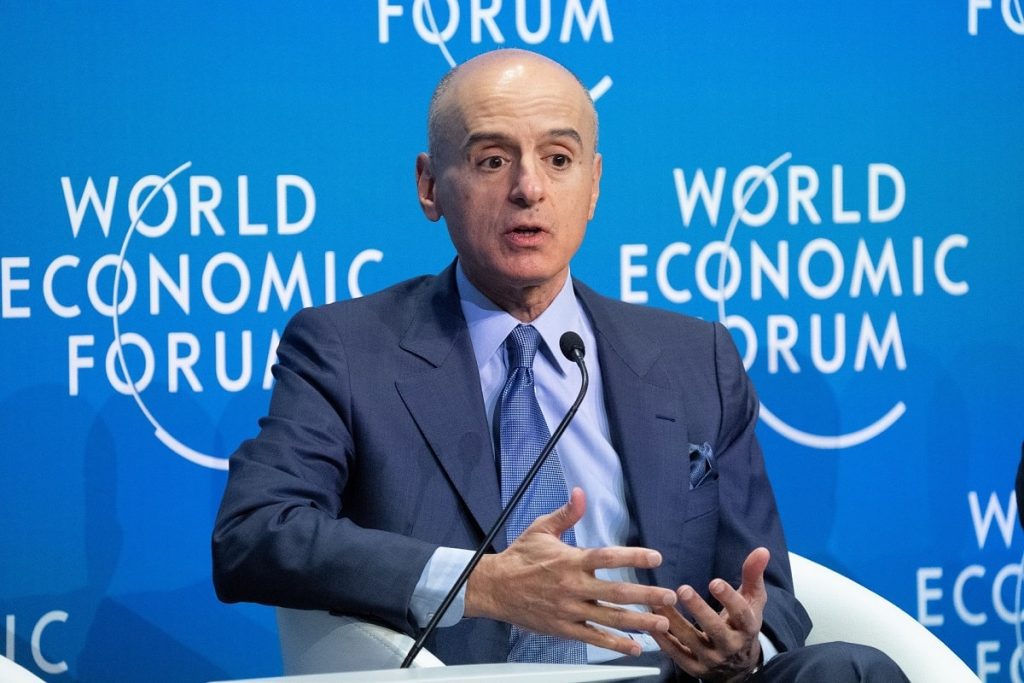Davos-Switzerland– Saudi Arabia’s smart city NEOM offers a new model for environmentally-friendly and sustainable urban design, both for the Kingdom and the world, Saudi’s Climate Envoy told the World Economic Forum (WEF) today.
During a panel session titled ‘The Evolution of Urban Life’, His Excellency Adel bin Ahmed Al-Jubeir, Minister of State for Foreign Affairs and Climate Envoy for Saudi Arabia, said: “[The Line] will revolutionize the way people look at cities and urban planning. NEOM is an attempt to create a city that is environmentally friendly, sustainable, that has a very high quality of life, that has virtually no traffic.”
His Excellency Khalid bin Abdulaziz Al-Falih, Minister of Investment, participated in a session called ‘Reshuffling Value Chains’. He described how Saudi Arabia’s supply chain initiatives will leverage the Kingdom’s resources, infrastructure, and location to enhance local and global supply chain resilience.
“In Saudi Arabia, we launched the Global Supply Chain Resilience Initiative (GCSRI), to not only strengthen our resilience but also enable the Kingdom to become part of the global multi-hub system, while playing to our strengths.”
During a session titled Deployment in the Industrial Metaverse, His Excellency Abdullah bin Amer Alswaha, Minister of Communications & Information Technology, said: “The current 2D world that we live in today is not fit for purpose in the 21st century.
“I’m a big advocate of the metaverse, which is going to be the next wave of how immersive experiences work for consumers, enterprises, and industry. We are bringing together academics, innovators, policymakers and regulators into a sandbox to make sure that they have a safe environment to innovate.”
His Excellency Faisal F. Alibrahim, Saudi Arabia’s Minister of Economy and Planning told the WEF audience the Kingdom is set to surpass projected growth rates for 2023.
“Saudi is becoming the global growth story. We had the strongest growth in the G20 last year and if you look more closely at the 8.5 percent GDP growth figure, you will see that our non-oil activities and our private sector grew at a very high rate,” he said.
Earlier, Alibrahim addressed a panel on global tax reform, where he said: “Under Saudi Vision 2030, we have been focusing on detaching ourselves from traditional sources of revenue, with our economic diversification, to think about more long-term sustainable revenue generation, but also diversifying our sources of growth.”
In addition to the panel sessions, the Ministry of Economy and Planning for Saudi Arabia joined forces with WEF’s open innovation platform UpLink to launch a challenge designed to enhance food security in countries with arid climates. The Food Ecosystems and Arid Climates Challenge is a global call for technology solutions to food insecurity.
*Source: AETOSWire




